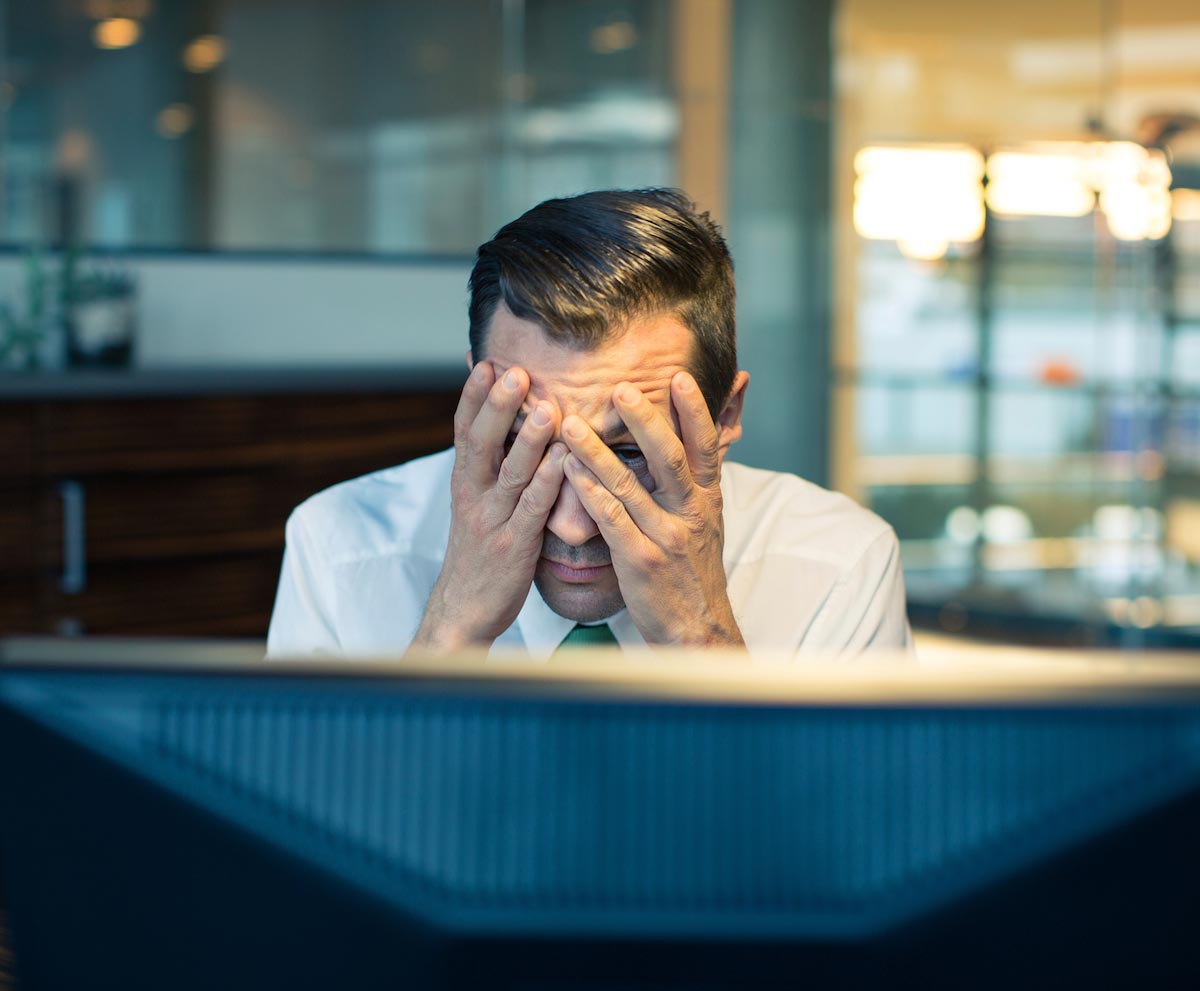Stress isn’t going away, but there are ways to better manage it
07/04/2016 / By usafeaturesmedia

(MindBodyScience.news) It would be impossible to survive an entire day without experiencing stress. Many people would laugh at that statement only because they do not understand what stress really is. Stress has taken on a connotation of being a negative thing that causes great discomfort and even early death.
Television ads sell countless medications designed to relieve stress. But the only real way to escape stress is by dying. The problem that our society faces is that it does not understand stress or how to deal with it, nor does it see its benefits.
What is Stress?
Stress is the body’s non specific response to any demand placed on it, whether that demand is pleasant or not. The body’s response to stress, whether pleasant or not, is the same. The important factor is how much demand it places on an individual to re-adjust. Stress can come from two different forces: physical activity, such as exercise or hard work, and mental or emotional activity.
Harmful Stress or Distress
This type of stress causes an individual to constantly re-adjust or adapt to the stressors. The good type of stress, eustress, is necessary for well-being. But whether it’s defined as good or bad, all types of stress must be controlled before it becomes harmful. If the stress goes unchecked, it will change from distress to fatigue, exhaustion or even mental breakdown.
The body can cope with greater amounts of stress if that stress is accompanied by frequent periods of relaxation. When stress is constant, illness is more likely to occur. There are basically two ways to deal with stress. One is to remove the stressors, but this can be complicated. The other is to increase the resistance to stress by improving one’s diet and amount of exercise.
Stress is a condition which leads to many abnormally induced changes in our body and causes wear and tear on our entire system. However, a certain amount of stress is essential for normal health, as long as the amount does not exceed the coping ability of our own personality. Along this line of thinking there are three types of individuals: the type who can’t live without a stressful lifestyle; the type who needs a quiet, peaceful life; and the type who has the ability to get along perfectly with or without stress.
Some researches describe stress as a perfectly normal human state and say that the body is under various degrees of stress during both happy and sad situations. The human body needs to be taxed to function well. Think of muscles that atrophy when not used sufficiently.
There are two psychological variables to stress that determine its harmfulness: predictability and controllability. Predictable pain is less stressful because an individual knows when it’s okay to relax. These periods of relaxation insulate the individual from the harmful effects of stress.
When a person does not have any warning of pain, he or she is in a constant state of stress that will likely result in illness. Controllability of environmental stressors plays a major part in determining stress effects. If the individual can control painful events, then the individual can insulate himself or herself against damaging stress. This is only effective if the individual receives signals that the coping response was successful in avoiding an impending stressor.
This may explain why bad stress is harmful and good stress is not. Typically good stress is planned and controlled while bad stress comes without warning and cannot be controlled. The first and most important step in dealing with stress is recognizing it as a natural phenomenon of life.
By Sandra Prior, Expert Articles
More:
- Having Physical Pain? These Holistic Health Solutions Will Help
- Boost Your Overall Health With More Meditation
- Try One Or All Of These 5 DIY Therapeutic Baths For A Healthy Body Boost
MindBodyScience.news is part of the USA Features Media network. Get caught up on ALL of the day’s most important news and information here.
Tagged Under: stress





















